Home>Home Appliances>Cleaning Appliances>How Long Should A Vacuum Cleaner Last
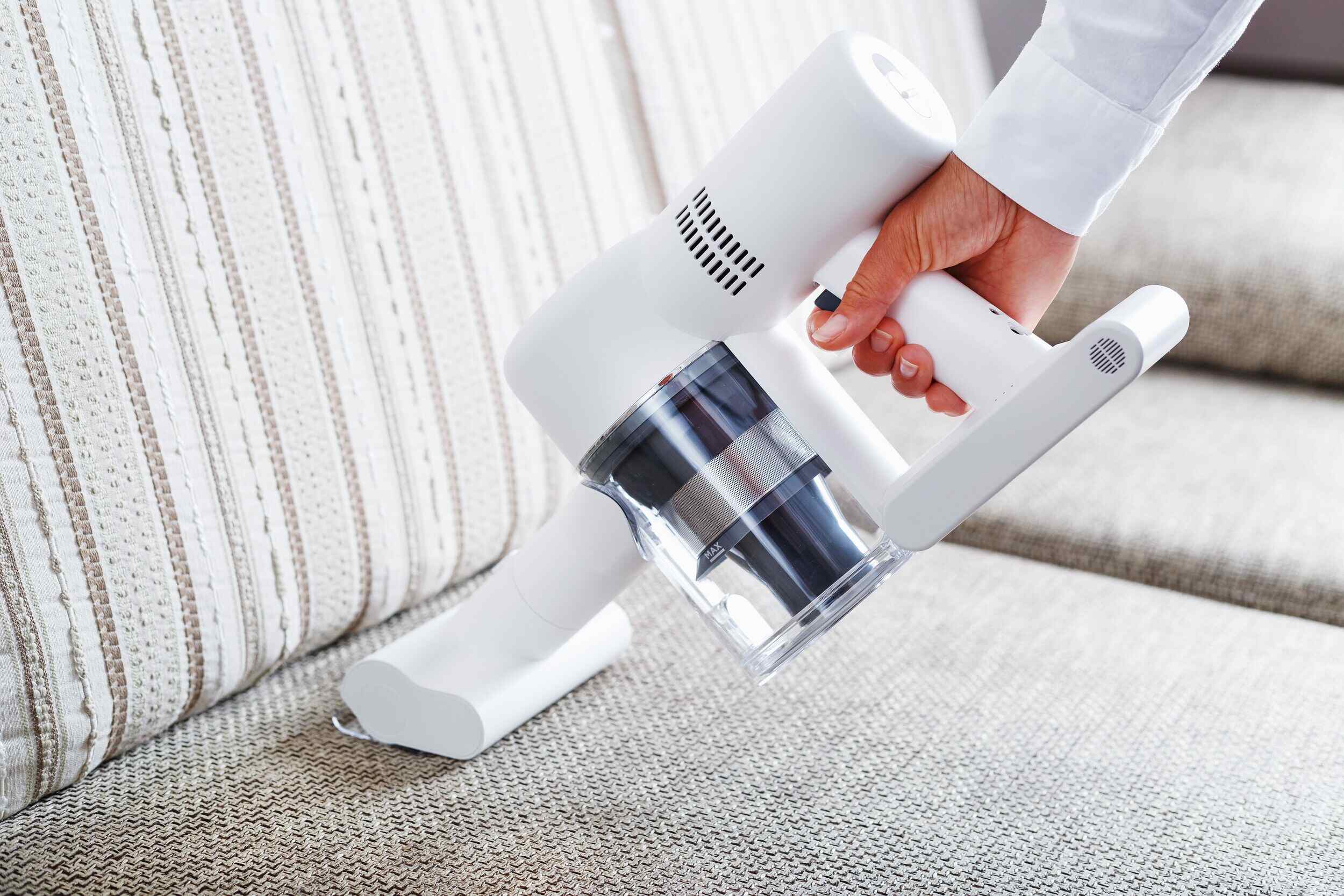

Cleaning Appliances
How Long Should A Vacuum Cleaner Last
Modified: January 4, 2024
Discover the average lifespan of vacuum cleaners and learn how to extend their longevity. Find out how to maintain and care for your cleaning appliances effectively.
(Many of the links in this article redirect to a specific reviewed product. Your purchase of these products through affiliate links helps to generate commission for Storables.com, at no extra cost. Learn more)
Introduction
Introduction
Vacuum cleaners are essential tools for maintaining clean and healthy indoor environments. They efficiently remove dirt, dust, and debris from various surfaces, contributing to a hygienic and pleasant living space. However, like all appliances, vacuum cleaners have a finite lifespan. Understanding the factors that influence the longevity of these devices and recognizing the signs of wear and tear are crucial for ensuring optimal performance and knowing when it's time to consider a replacement.
In this article, we will explore the average lifespan of a vacuum cleaner, the factors that can affect its durability, and the telltale signs that indicate a need for a new unit. Additionally, we will provide practical tips for extending the lifespan of your vacuum cleaner, helping you get the most out of this indispensable household appliance. Whether you're a first-time vacuum owner or a seasoned user looking to maximize the longevity of your cleaning companion, this guide will equip you with the knowledge to make informed decisions and maintain a clean, healthy home environment.
Key Takeaways:
- Vacuum cleaners can last longer with proper maintenance, gentle handling, and suitable storage. Recognize signs of wear and tear, like loss of suction power and excessive noise, to know when it’s time for a replacement.
- Factors like build quality, usage frequency, and environmental conditions affect a vacuum cleaner’s lifespan. Choose a high-quality unit, follow maintenance guidelines, and use compatible accessories to extend its usability.
Read more: How Long Should A Television Last?
Factors Affecting Vacuum Cleaner Lifespan
Several factors can significantly impact the lifespan of a vacuum cleaner, influencing its overall durability and performance. Understanding these factors can help users make informed decisions when selecting a vacuum cleaner and implementing maintenance practices to prolong its longevity.
- Build Quality: The construction and materials used in a vacuum cleaner play a crucial role in determining its lifespan. High-quality components, durable housing, and robust internal mechanisms contribute to a longer-lasting appliance. When purchasing a vacuum cleaner, consider models with sturdy construction and reliable engineering to ensure extended usability.
- Frequency of Use: The frequency and intensity of vacuum cleaner usage can impact its lifespan. Heavy, daily use may subject the appliance to accelerated wear and tear, potentially shortening its operational lifespan. Conversely, occasional or moderate use can contribute to a longer-lasting unit. Consider your household’s cleaning needs and select a vacuum cleaner designed to handle the intended frequency of use.
- Maintenance Practices: Proper maintenance is essential for preserving a vacuum cleaner’s functionality and longevity. Regularly cleaning the filters, emptying the dust canister or replacing bags, and inspecting and unclogging the brush roll are vital maintenance tasks. Neglecting these maintenance practices can lead to reduced performance and a shortened appliance lifespan.
- Environmental Conditions: The environment in which a vacuum cleaner operates can impact its longevity. Excessive exposure to dust, pet hair, and debris, particularly in high-traffic or pet-inhabited areas, can strain the appliance and necessitate more frequent maintenance. Additionally, exposure to moisture or extreme temperatures can adversely affect the internal components of the vacuum cleaner, potentially compromising its lifespan.
- Manufacturer Reputation: The reputation of the vacuum cleaner’s manufacturer can provide insights into the appliance’s expected lifespan. Established brands known for producing durable, long-lasting products often prioritize quality and reliability in their designs, potentially resulting in a lengthier lifespan for their vacuum cleaners.
By considering these factors, consumers can make informed decisions when selecting a vacuum cleaner and implement maintenance practices to optimize its lifespan. Additionally, understanding these influences can aid in identifying the most suitable vacuum cleaner for specific household cleaning needs and environmental conditions.
Signs Your Vacuum Cleaner Needs Replacement
Recognizing the signs that indicate a vacuum cleaner is nearing the end of its lifespan is essential for maintaining efficient cleaning performance and avoiding potential breakdowns. While regular maintenance can extend a vacuum cleaner’s usability, certain indicators suggest that it may be time to consider a replacement.
- Loss of Suction Power: A significant decrease in suction power is a common sign that a vacuum cleaner may need replacement. This decline in performance can result from clogged filters, worn-out brush rolls, or deteriorating motor efficiency. If cleaning tasks become increasingly challenging despite thorough maintenance, it may be time to invest in a new unit.
- Excessive Noise or Vibrations: Unusual or excessive noise and vibrations during operation can signify internal mechanical issues or component wear. These symptoms may indicate motor or bearing problems, suggesting that the vacuum cleaner’s internal mechanisms are deteriorating, potentially necessitating a replacement.
- Visible Wear and Damage: Physical wear and damage, such as cracked housing, frayed power cords, or broken attachments, can compromise the safety and functionality of a vacuum cleaner. If these issues cannot be effectively repaired or pose safety hazards, it may be prudent to consider replacing the appliance.
- Unpleasant Odors: Persistent, unpleasant odors emitted during vacuuming may indicate mold, mildew, or accumulated debris within the appliance. Despite thorough cleaning and maintenance, persistent odors can be challenging to eliminate, signaling potential hygiene and functionality concerns that warrant a new vacuum cleaner.
- Frequent Repairs: Repeated breakdowns or the need for frequent repairs can indicate that a vacuum cleaner is reaching the end of its serviceable lifespan. The cumulative cost of repairs and the inconvenience of frequent malfunctions may outweigh the benefits of retaining an aging appliance, prompting consideration of a replacement.
By recognizing these signs, users can proactively assess their vacuum cleaner’s condition and determine whether it is nearing the end of its operational lifespan. While regular maintenance can address many issues, these indicators can guide informed decisions regarding the timing of a potential replacement, ensuring continued efficient cleaning performance and convenience.
Regular maintenance and proper care can help a vacuum cleaner last 8-10 years. This includes cleaning or replacing filters, emptying the dust bin, and checking for clogs.
Tips for Extending the Lifespan of Your Vacuum Cleaner
Implementing proactive maintenance and proper usage practices can significantly extend the lifespan of a vacuum cleaner, ensuring sustained performance and efficiency. By incorporating the following tips into your cleaning routine, you can maximize the durability and functionality of your appliance, ultimately optimizing its operational lifespan.
- Regular Filter Maintenance: Clean or replace the vacuum cleaner’s filters according to the manufacturer’s guidelines. Clogged or dirty filters can impair suction power and strain the motor, leading to reduced efficiency and potential damage. Regular filter maintenance promotes optimal performance and prolongs the appliance’s lifespan.
- Clear Debris and Clogs: Routinely inspect and clear any debris or clogs from the vacuum cleaner’s brush roll, hose, and attachments. Accumulated debris can impede airflow, strain the motor, and diminish cleaning effectiveness. By keeping the appliance free of obstructions, you can maintain its performance and prevent premature wear.
- Proper Storage: Store the vacuum cleaner in a clean, dry environment to protect it from dust, moisture, and potential damage. Proper storage helps preserve the appliance’s components and prevents environmental factors from compromising its longevity.
- Gentle Handling: Avoid rough handling and excessive force when using and maneuvering the vacuum cleaner. Careless handling can lead to physical damage, strain internal components, and impact the appliance’s overall durability. Gentle, controlled usage can contribute to a prolonged operational lifespan.
- Address Repairs Promptly: Attend to any mechanical issues or malfunctions promptly to prevent further damage. Delaying repairs can exacerbate problems and lead to additional wear on internal components, potentially shortening the appliance’s lifespan. Timely maintenance and repairs are essential for preserving the vacuum cleaner’s functionality.
- Use Appropriate Accessories: Select and use accessories and attachments that are compatible with your vacuum cleaner model. Misusing or forcing incompatible accessories can strain the appliance and compromise its performance, potentially leading to premature wear and reduced longevity.
By integrating these maintenance practices and usage tips into your cleaning routine, you can effectively extend the lifespan of your vacuum cleaner, ensuring consistent performance and reliable operation. Proactive care and proper handling are instrumental in maximizing the durability and usability of this essential household appliance.
Conclusion
Understanding the lifespan of a vacuum cleaner and the factors that influence its durability is essential for homeowners seeking to maintain a clean and healthy living environment. By recognizing the signs that indicate a vacuum cleaner may need replacement and implementing proactive maintenance practices, users can optimize the longevity and performance of their appliances.
Factors such as build quality, usage frequency, maintenance practices, environmental conditions, and manufacturer reputation significantly impact a vacuum cleaner’s operational lifespan. Selecting a high-quality unit, adhering to recommended maintenance schedules, and using the appliance in a manner consistent with its design and capabilities are vital for extending its usability.
Recognizing signs such as diminished suction power, excessive noise, visible wear, unpleasant odors, and frequent repairs can guide users in determining when a replacement may be necessary. Proactive maintenance, including regular filter cleaning, debris removal, proper storage, gentle handling, and timely repairs, can effectively prolong the appliance’s lifespan and ensure sustained performance.
By integrating these insights and tips into their cleaning routines, homeowners can maximize the durability and functionality of their vacuum cleaners, ultimately promoting a clean, hygienic living space. Whether selecting a new vacuum cleaner or seeking to extend the lifespan of an existing appliance, informed decisions and proactive maintenance are key to ensuring efficient cleaning performance and prolonged usability.
With a combination of prudent usage, regular maintenance, and timely replacements when necessary, homeowners can effectively manage their vacuum cleaners’ longevity, contributing to a cleaner, healthier indoor environment and a more sustainable approach to household appliance ownership.
Frequently Asked Questions about How Long Should A Vacuum Cleaner Last
Was this page helpful?
At Storables.com, we guarantee accurate and reliable information. Our content, validated by Expert Board Contributors, is crafted following stringent Editorial Policies. We're committed to providing you with well-researched, expert-backed insights for all your informational needs.
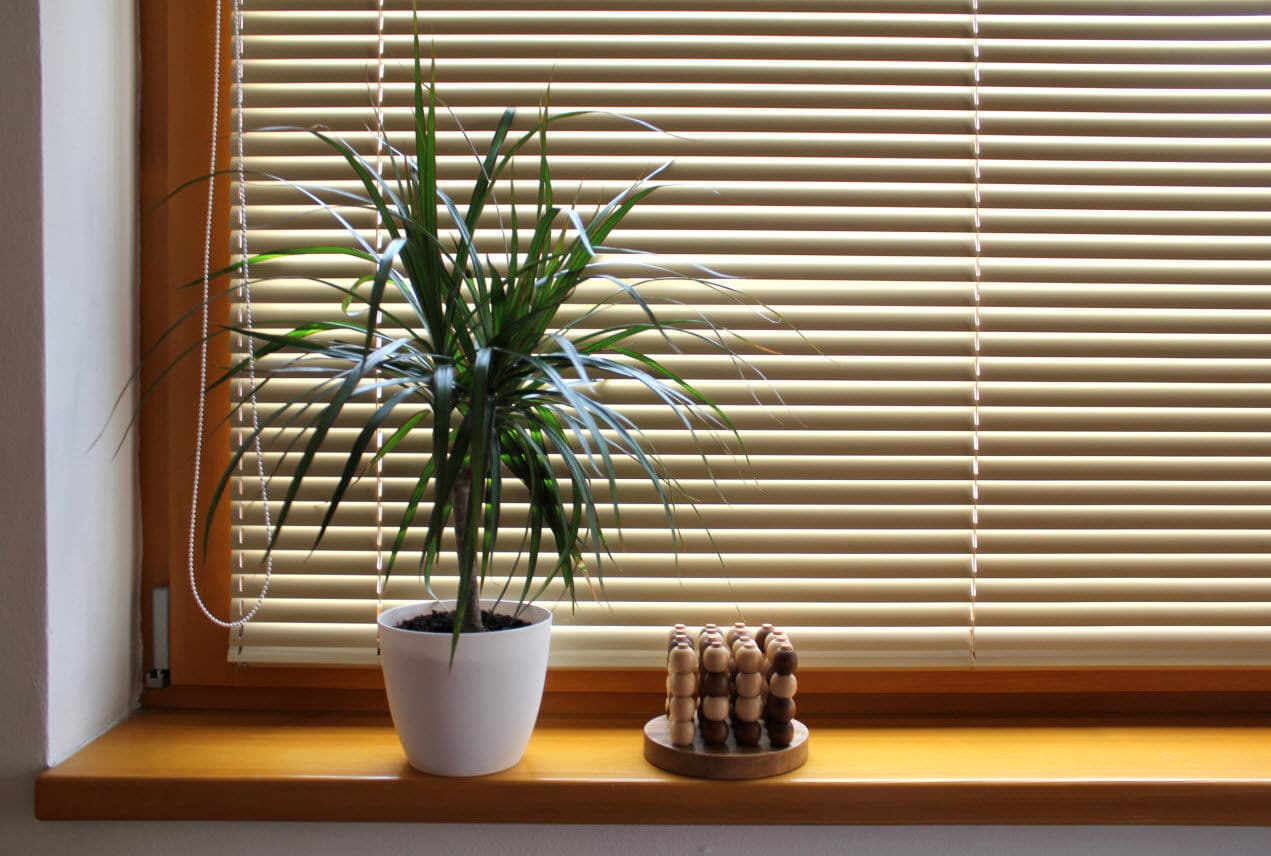
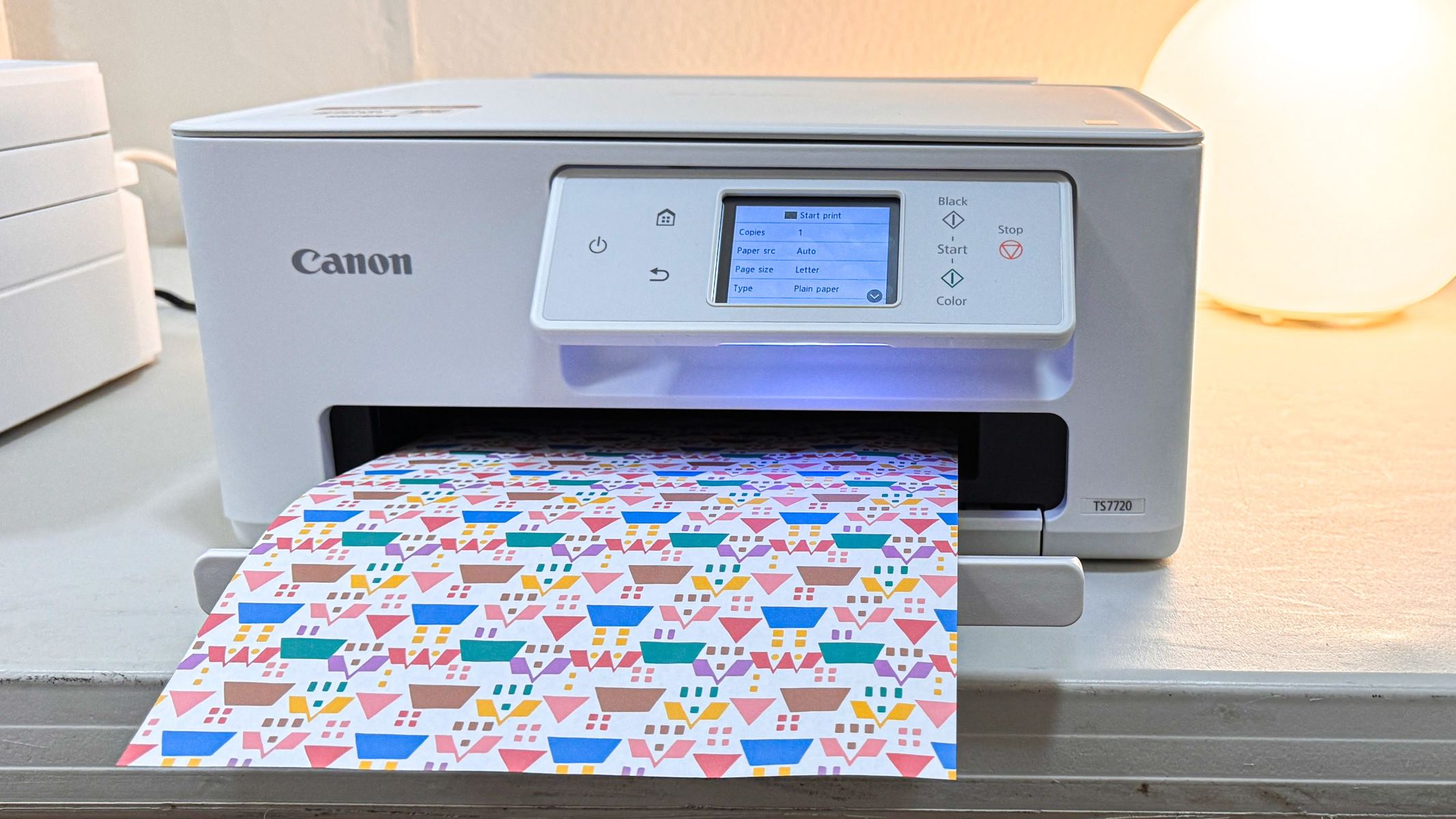
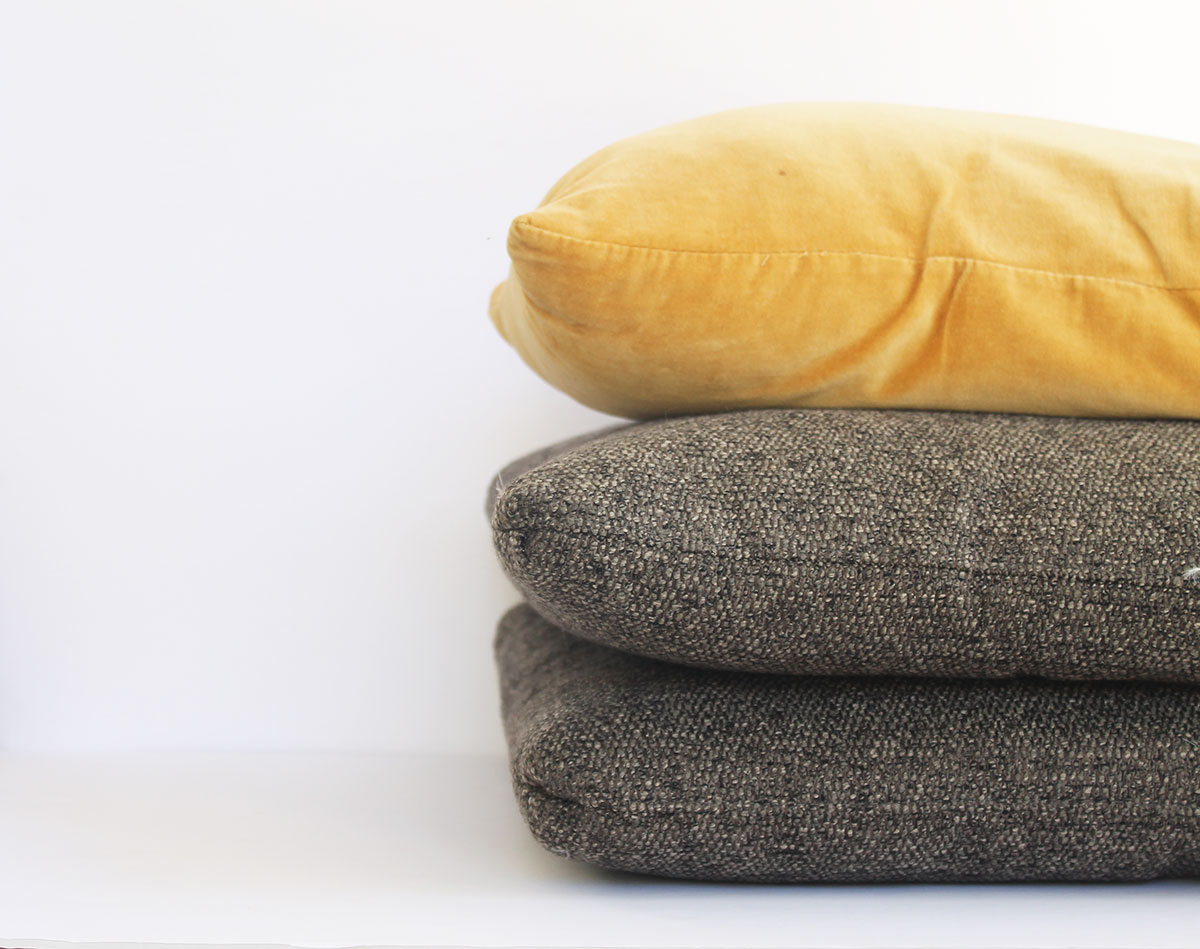



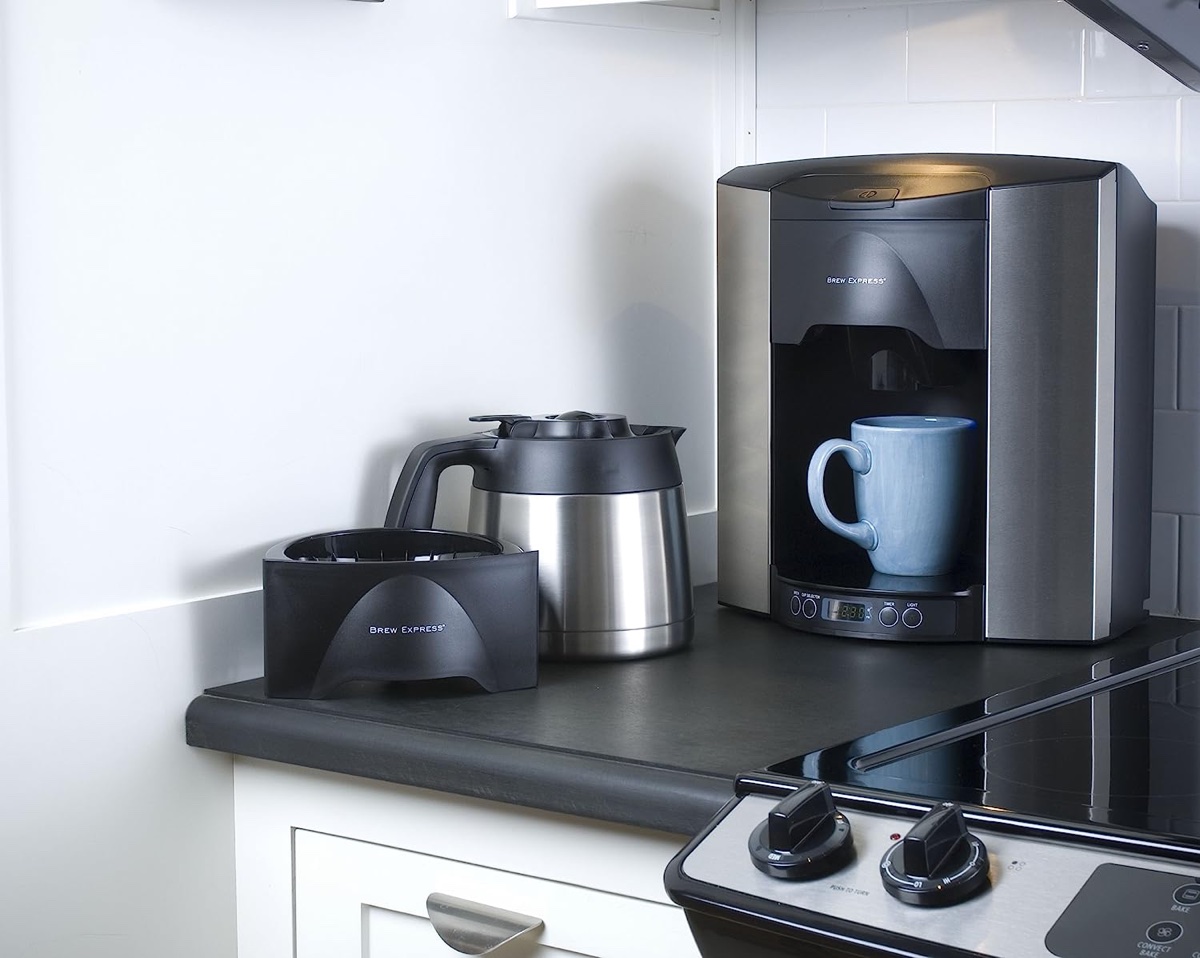
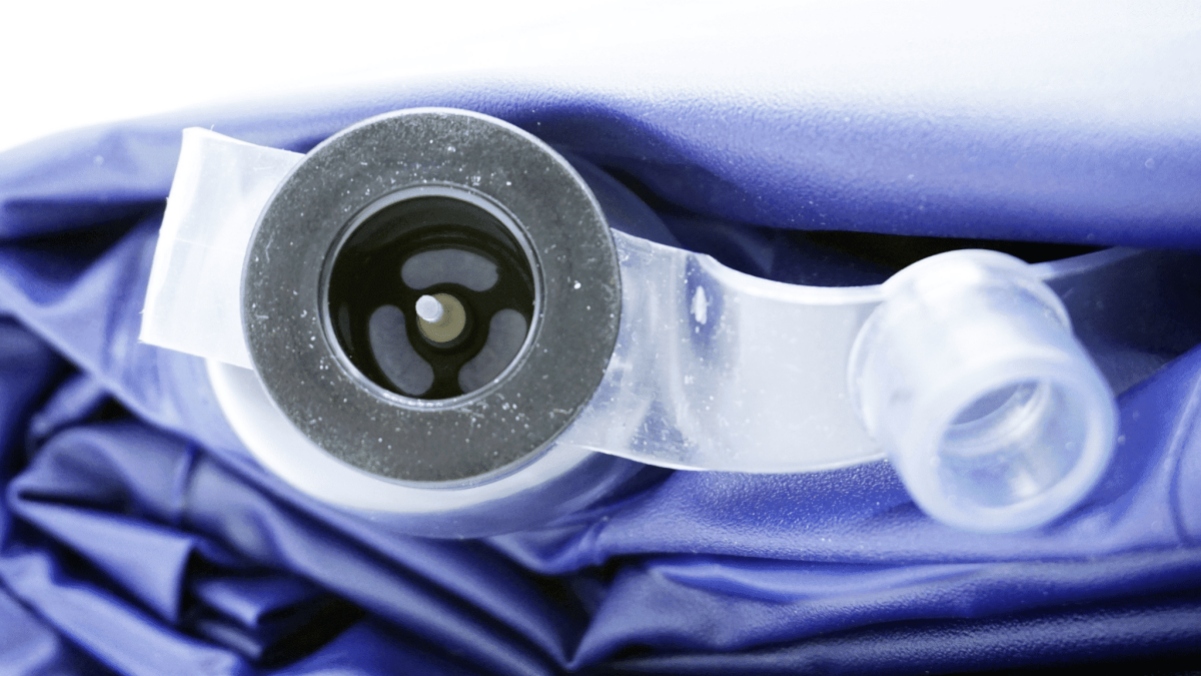
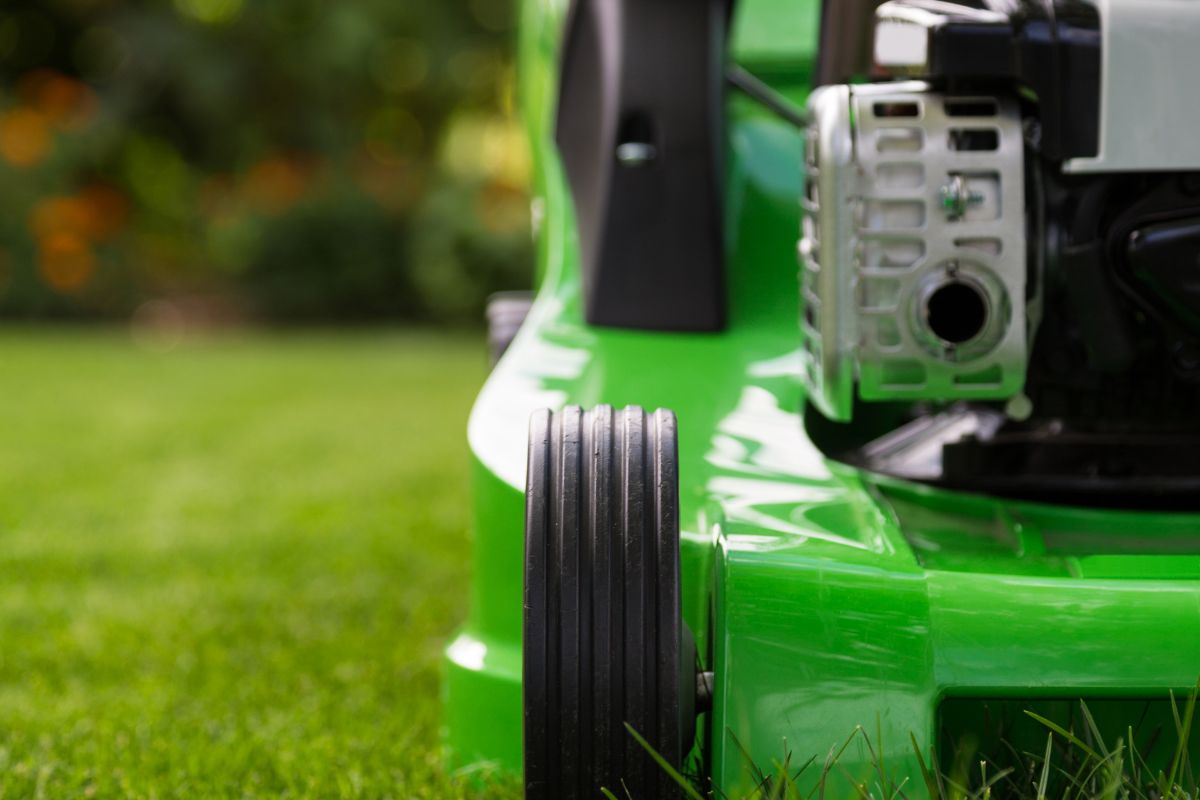

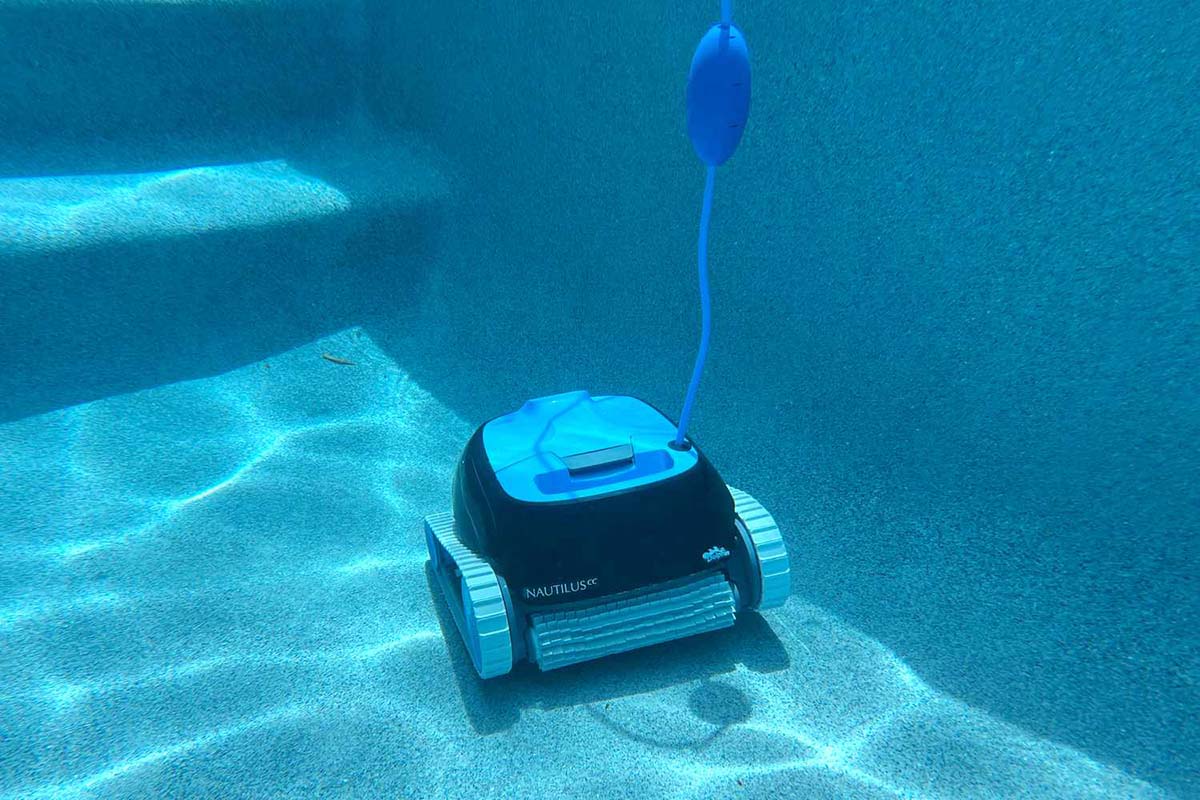


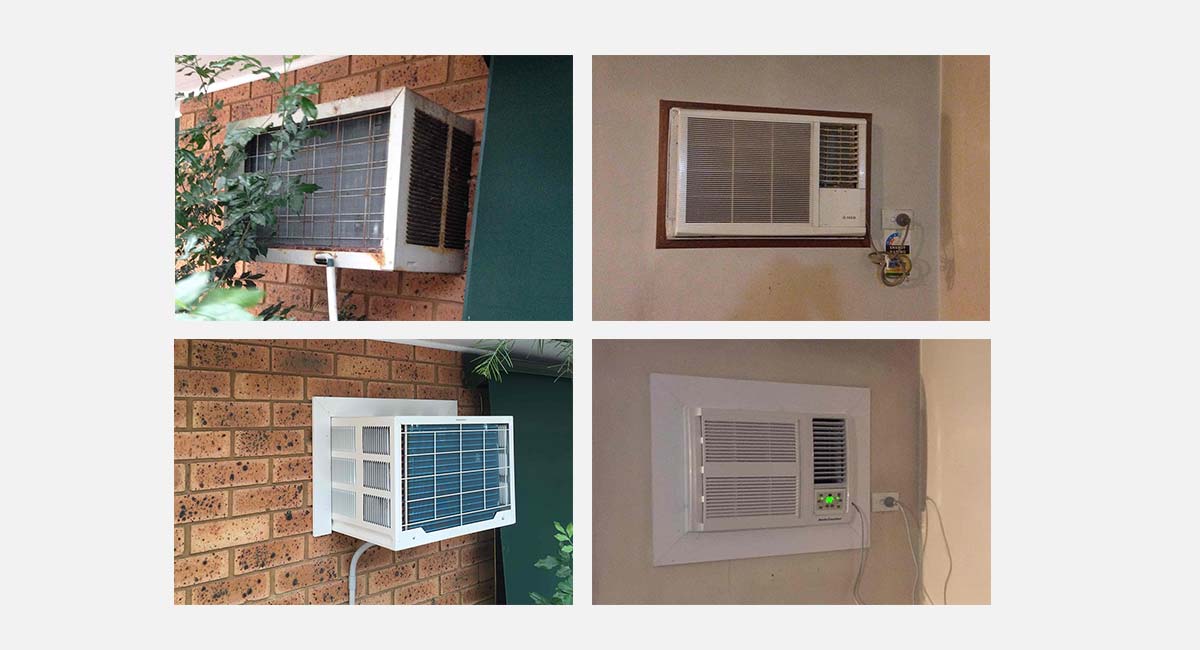
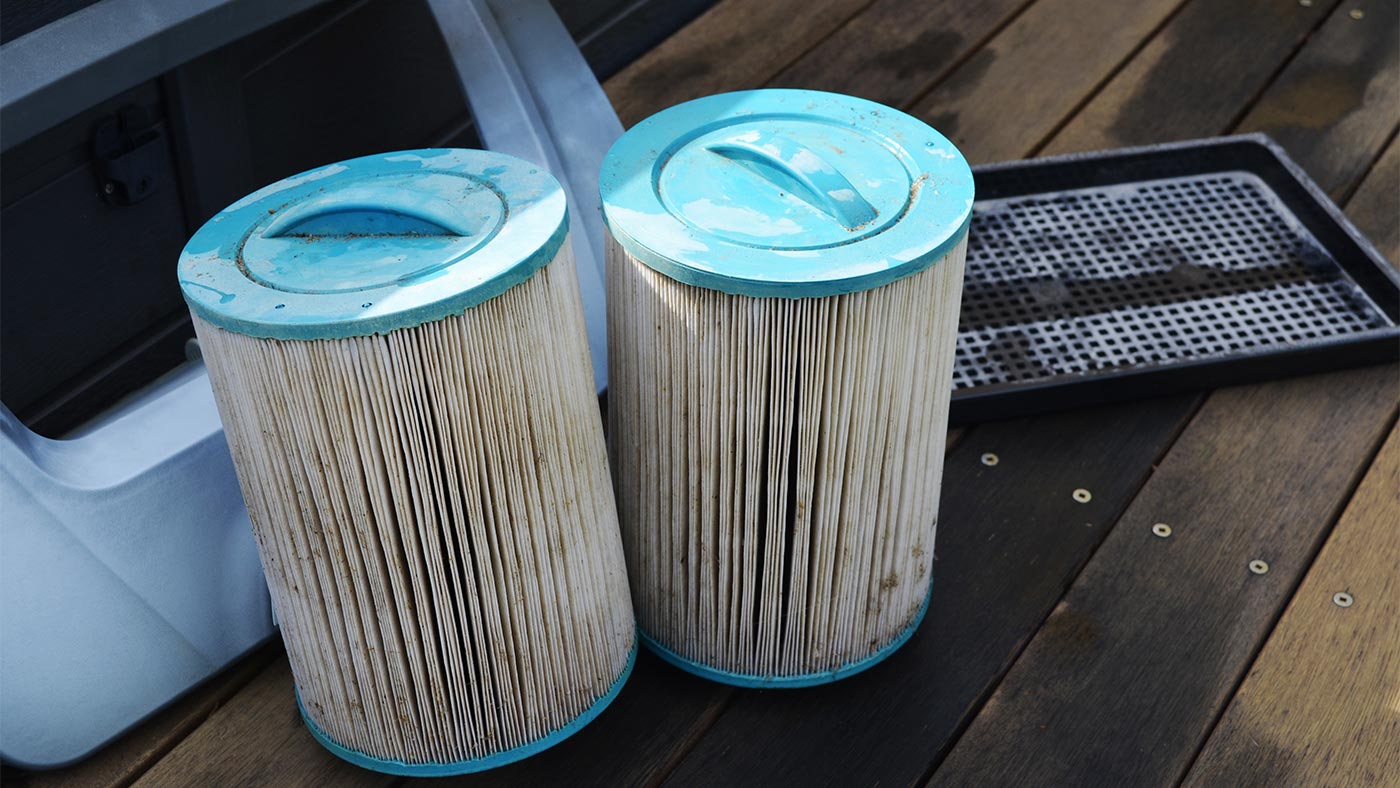

0 thoughts on “How Long Should A Vacuum Cleaner Last”